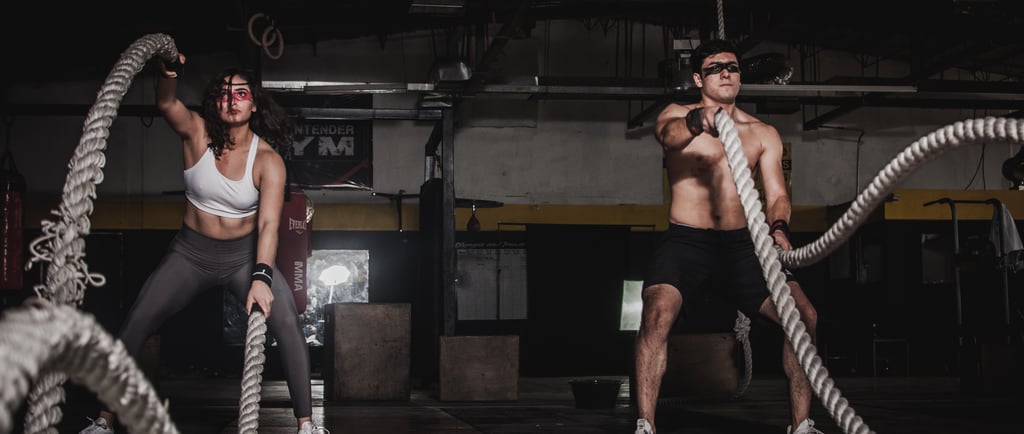Becoming your own health hero: why self-rescue is the key for overcoming the modern food crisis
Colin Robertson
10/15/20243 min read


In today's world, the statistics around global health are downright alarming. Less than 7% of North Americans are metabolically healthy. Recent data from the Lancet estimates that there are now a staggering billion people worldwide who are obese—surpassing the number of people who are literally starving. This paradox highlights a troubling reality: more people suffer from excessive consumption-related issues than from a lack of access to food. This is painfully reflected in the rising profiles of type 2 diabetes, lifestyle cancers, and cardiovascular diseases. The evidence around us is clear: the system is broken.
When discussing the harm caused by industrialized ultra-processed foods, the common response I often hear is, "Why aren't governments doing more? Why aren't authorities stepping in with a heavy hand? Why aren't they holding manufacturers accountable?" People ask, "Why aren't there stricter laws and regulations to prevent the creation and availability of foods high in additives, sugars, fats, and empty calories?"
This mindset of deflecting accountability to higher authorities reflects a disturbing trend—a victim mentality. It's as if people are throwing up their hands, declaring their inability to self-regulate, and demanding that external forces save them from themselves. This helplessness is dangerous. It’s a mindset that expects salvation from an external force rather than taking personal responsibility.
One of the first rules taught to new military recruits is that "no one is coming to help; expect to self-rescue." This principle is crucial in today's world. Given the vast amounts of money involved in the food industry and the cozy relationships between policymakers and these industries, waiting for governmental intervention is a pipe dream. Change is unlikely to come from those who profit from the status quo.
The solution lies in self-awareness and self-rescue. This approach has two fundamental aspects: philosophical and practical. Philosophically, it’s about developing mental resilience. It's about taking a harder stance with yourself and embracing discipline. You are the main character in your narrative. Understand the landscape, the pitfalls, the obstacles, and navigate them intelligently and with discipline.
Practically, this means owning your situation. Real change in health starts at the individual level. Yes, there are support systems, guidance, and advice available, but no one can take action on your behalf. You must be the captain of your own destiny, taking responsibility for your health and well-being. Recognize the information, understand the world for what it is, and see the opportunities to live better. Start by taking that first step towards self-accountability.
Governments, legislators, and local authorities are not going to solve this problem for you. The person who has to make the change is you. Own the situation, recognize the steps required to improve your health, and begin your journey towards a healthier life. The power to change is in your hands.
Look, I get it. It’s easy to feel overwhelmed and look to others to fix the mess. The food industry is a massive, well-oiled machine designed to keep us hooked on convenience and flavor at the expense of our health. But waiting for the cavalry to arrive is a losing game. The cavalry isn’t coming because, frankly, there’s too much money to be made in keeping things just as they are.
This isn’t about doom and gloom; it’s about empowerment. You have the power to change your life. You have the power to say, "Enough is enough." It starts with small, manageable steps. Swap out that sugary snack for a piece of fruit. Take a walk instead of sitting on the couch. Educate yourself about what’s really in your food. Every small step builds momentum, and before you know it, you’ve started a revolution in your own life.
Remember, change happens at a local level, and when it comes to health, it happens at a personal level. Be prepared to self-rescue. Yes, there is support around—people who can guide, contribute, and advise—but nobody can function on your behalf. You have to be the one to say, "The buck stops here." This is your health, your life, your future. Take the reins, make the decisions, and commit to the journey.
You have the strength, the intelligence, and the power to navigate this landscape. You are not helpless, and you are certainly not a victim. You are the hero of your story. Embrace that role with all the discipline, determination, and self-love you can muster. The journey to better health starts with a single step—make that step today.